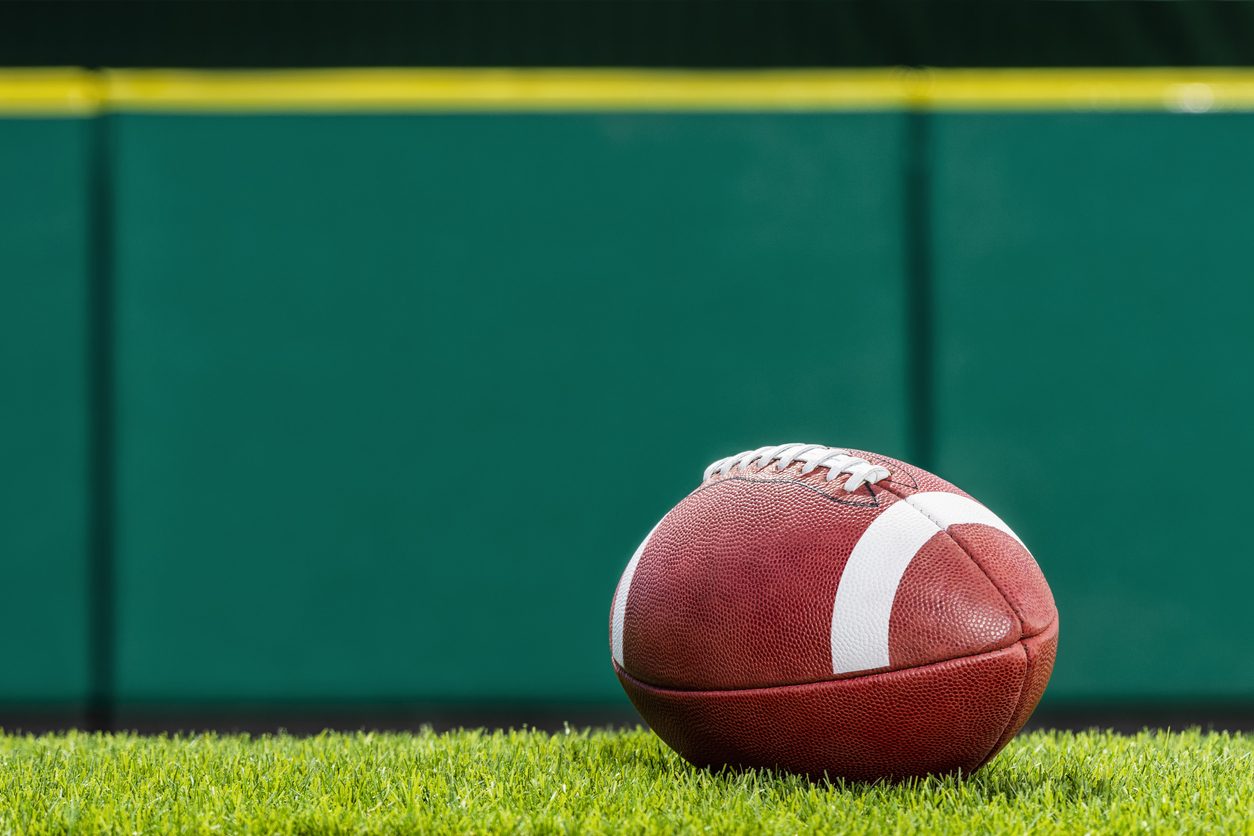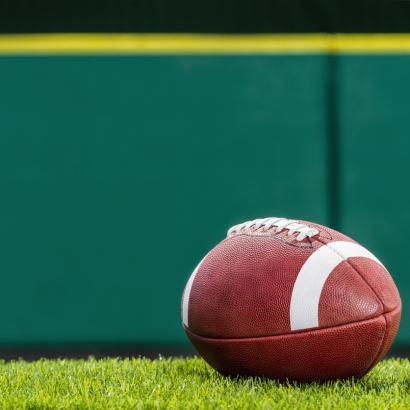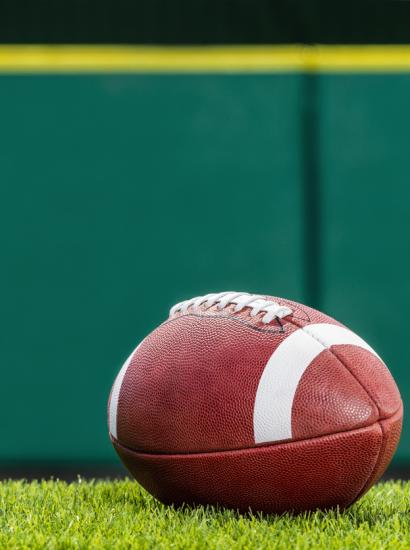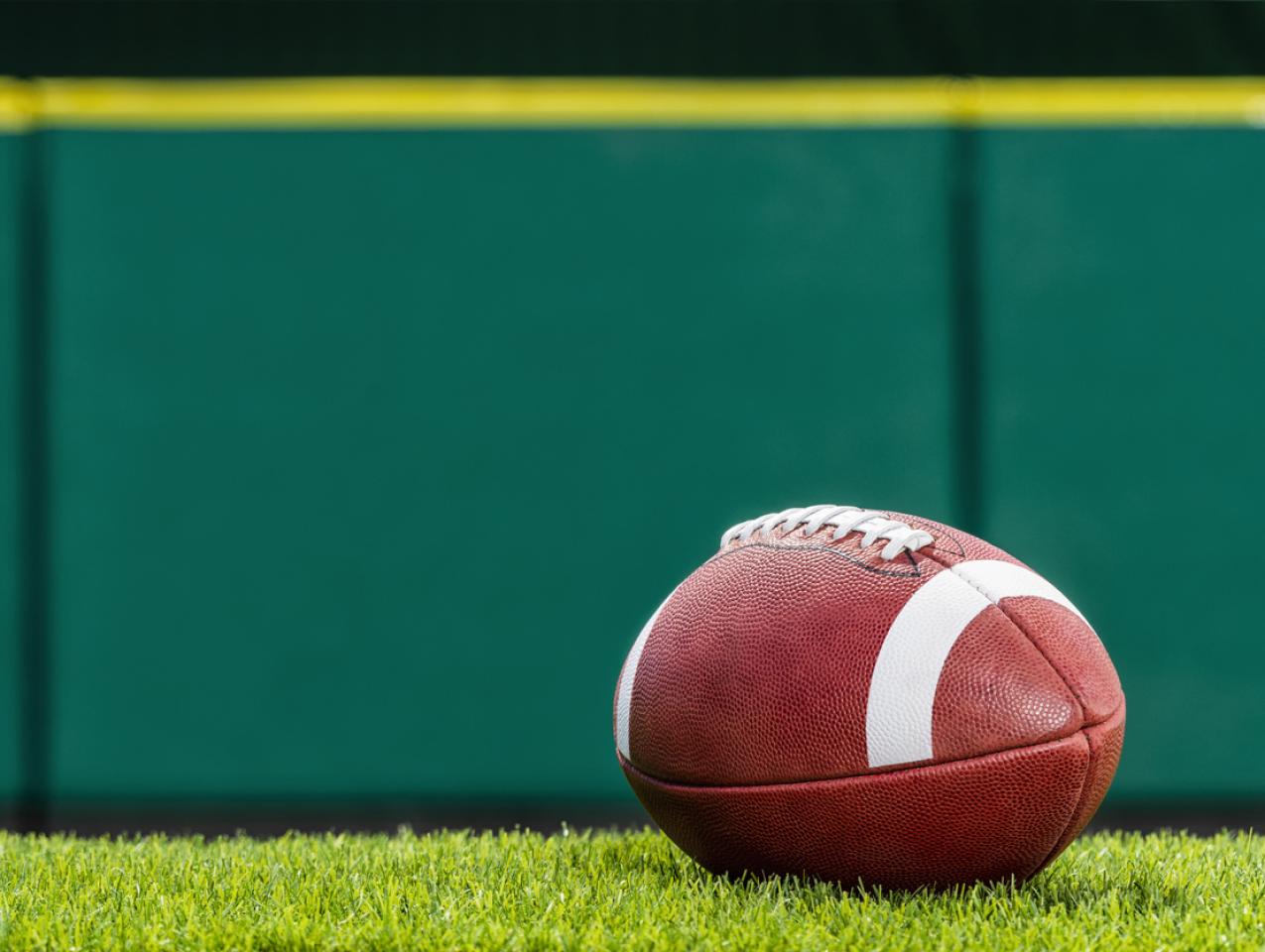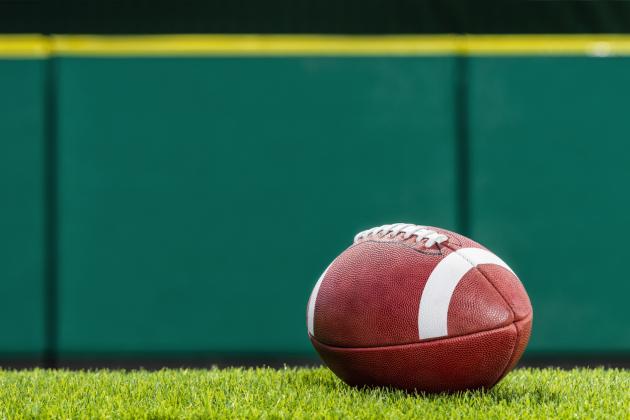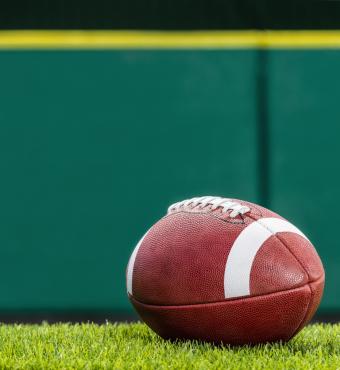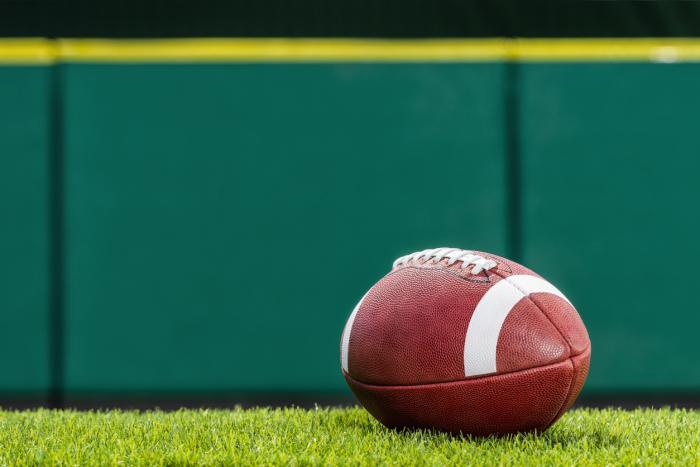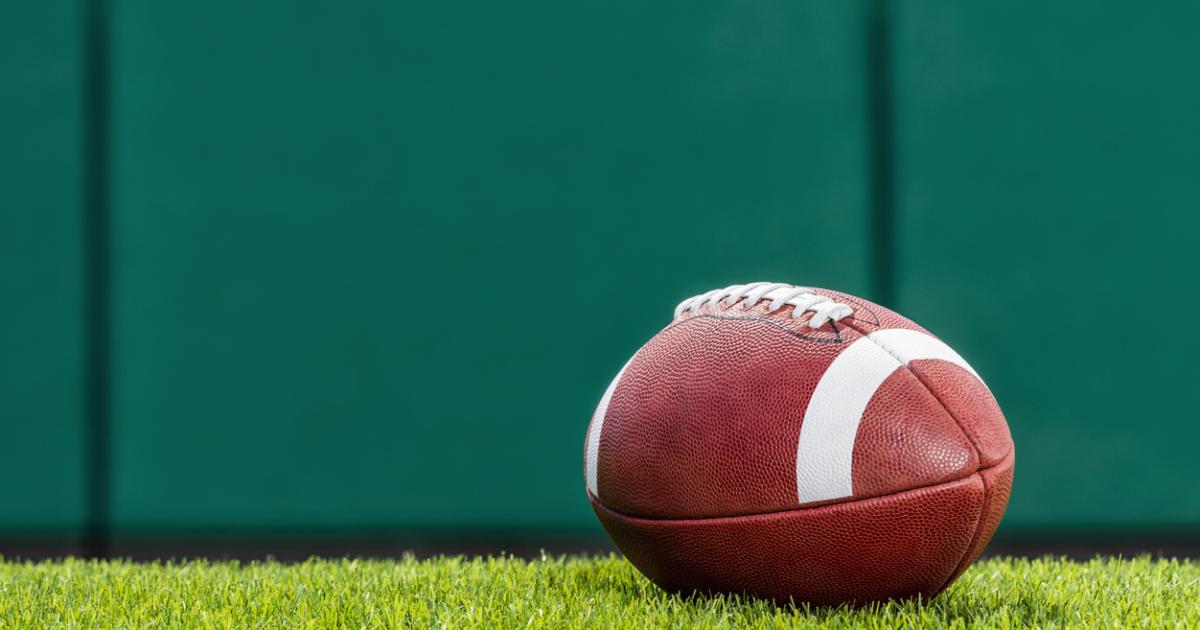- Politics, Institutions, and Public Opinion
- State & Local
- California
Leading professional athletes are paid enormously. But for those plying their trades in California, don’t be surprised to see them shopping at Costco after paying taxes and buying a home. Or moving out of the state, as so many other of the most productive Californians have done, including Tesla’s Elon Musk, Oracle’s Larry Ellison, Dropbox CEO Drew Houston, and Shutterstock’s billionaire founder Jonathan Oringer.
Take quarterback Trey Lance, who is this year’s third pick in the NFL draft by the San Francisco 49ers. Lance is a physical one-off. He is 6 feet 4 inches, weighs about 230 pounds, and can run about 23 miles per hour wearing full football gear, placing him among the fastest five or six players in the NFL, and barely slower than the sprinters competing in this year’s Olympic games. Lance can also throw a football 70 or more yards, and accurately at that. (Public Service Announcement: Don’t try this yourself). He has the potential to become one of the leading quarterbacks to ever play football.
As the third draft pick this spring, Lance received a contract that pays him about $22 million as a signing bonus, and an average of about $4 million in salary for the next three years. I’m sure that Lance is delighted he was the third pick in the draft, but he may not be as delighted to be chosen by the 49ers. Not because of who they are, but because the 49ers play in California, home of the highest income tax rate and the location of some of the most expensive housing markets in the country.
Think of the combined impact of the Internal Revenue Service and the California Franchise Tax Board (with tax rates of 37 percent and 13.3 percent, respectively) as an equal partner in Lance’s professional life, taking about half of what he earns. Not to mention nary a holiday gift for being such a wonderful business partner, nor any expedited government services for providing so much to government coffers. Welcome to California, where tax rates border on those in Western and Northern Europe but without the better public services that our European allies provide to their citizens. (The Germans would never stand for our Department of Motor Vehicles).
This means that Lance’s signing bonus of $22 million melts to about $11 million after taxes. Suppose that Lance wants to buy a sizeable home in a tony neighborhood near the stadium, like most high draft picks in professional sports.
Here is a nice home in Menlo Park, which is about 4,900 square feet on a quarter-acre lot. A big plus is that it is new construction, as a rookie quarterback really doesn’t want to worry about leaky plumbing or a failing roof. This home will take over 80 percent of his after-tax signing bonus to purchase.
Now, you might be saying that a nice townhouse would be a better idea for him, but since when did a franchise quarterback share walls with his fans? And think of the security issues that plain-old multifamily home living would present to him.
When Lance and his family first visited the 49ers after being drafted, he met with head coach Kyle Shanahan, who cut right to the chase: “We were hanging out and they were going to look for houses and things like that. I told him, ‘Don't be too depressed. Everyone is very upset after the first couple of days and you realize you’ve got to change what you were looking for,’” said Shanahan of Bay Area housing prices. “And they're like, ‘No, everyone’s told us.’ I’m like, ‘No, everyone told me, you’ll see, it's real.’”
There are many other teams that would love to have Lance’s services and where housing costs are remarkably lower. Take Green Bay, Wisconsin, home of the Green Bay Packers, which may be looking for a new quarterback. How about a 15,000-plus-square-foot, over-the-top luxury home on nearly an acre of land in Green Bay. This home’s square footage is 50 percent larger than the lot in the above-mentioned Menlo Park home. Compared to California home prices, this looks to be a steal at $1.75 million. But wait, Zillow thinks Lance might be able to get an even better deal, somewhere in the $1.6 million range.
Financial challenges get worse for those players who are drafted lower than Lance, as both salaries and signing bonuses plummet the farther down the draft ladder one is taken. Third-round 49er draft pick Ambry Thomas’s rookie contract comes in at under $5 million for three years and will be closer to $2.7 million after taxes. “Once I got the phone call [telling me that I was drafted] I was happy, excited, then I thought about everything and I’m like, “California, tax, taxes” and I started thinking about all that and the cost of living,” said Thomas, who grew up in Detroit before playing at Michigan. “I’m like, ‘Hey, it's kind of expensive, very expensive.’ But I’m just grateful for the opportunity, honestly. Skip the cost of living and all that right now. I feel like my play will take care of my pockets.”
I hope Thomas’s play does take care of his pockets, but in the meantime, he almost certainly will be renting. Current 49er all-pro tight end George Kittle, just a fifth-round pick a couple of years ago, lived like a college student when he first arrived, sharing an apartment with three others, including two of his teammates. (The third person who shared that apartment is now George’s wife.)
San Francisco 49er financial counselors recommend players drafted below the second round do not buy a house until they have established themselves as high-level players and can count on a lucrative contract after their rookie deal expires. One local rental agent took a player to 20 rental properties in a three-day span, as the player just couldn’t quite come to grips with rental prices.
And what about those players who are not superstars? In 2021, the rookie minimum base salary of $660,000 would put that player among the top one percent of earners in the US but doesn’t open the door to luxury in Silicon Valley or the Bay Area.
Losing high-earning sports stars is nothing new to California. Once Tiger Woods hit the big money, he moved to Florida, which has no income tax and a sales tax of just 6 percent. If you are wondering about Tiger’s home, here it is, all $54 million of it. Multiply that value by three or so if you want to know how much this home would cost in this state. California’s Phil Michelson, who just won golf’s prestigious Masters Tournament earlier this year, has purchased a lot in Florida and will be moving before long.
“I knew it would be kind of crazy, but it definitely helped giving me a little bit of a heads-up,” Lance said, reflecting on his meeting with Coach Shanahan. Next, Lance needs to learn about all the other craziness in California. Trey, I am glad you are here, I hope you will stay. We need your talents. And the tax revenue that you generate.







